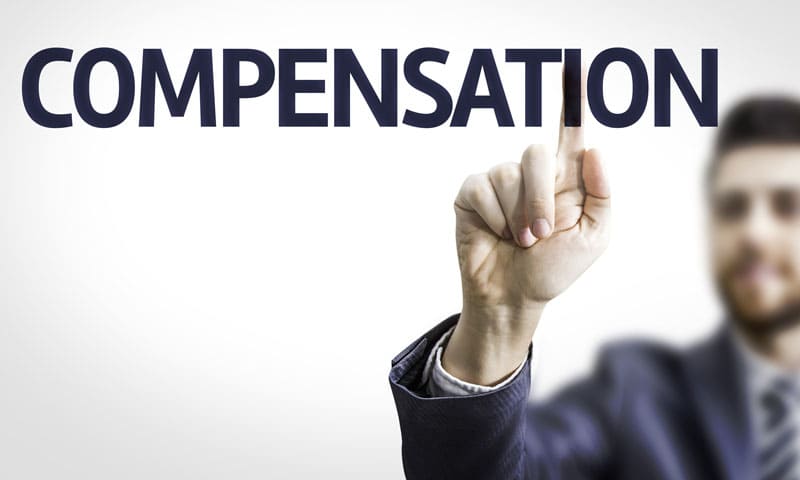
As states are still struggling to make a final decision on how or when to administer the bar exam without endangering the health of test-takers nor comprising the test, bar exam preparation companies have been forced to alter their courses.
Several states have postponed their July in-person tests to later dates and made other changes to protect the health of test-takers and proctors. Other states are replacing traditional in-person exams with online tests for the first time. And at least three other states have decided to grant a temporary diploma privilege allowing recent law school grads to practice law without taking an exam at all.
These fleeting decisions, and the still-evolving changes in a state by state landscape, have thrown bar prep course companies off of their traditional models by forcing them to set up new courses and adjust their delivery models due to the Covid-19 crisis.
The president of BARBRI, a Dallas-based bar prep provider, Mike Sims told Bloomberg LAW, the company’s I.T. team, as well as course content and teaching teams, had each “moved heaven and earth to keep things going” over the last three months.
BARBRI, with more than 200 employees, is one of the nation’s largest bar prep companies. Before the COVID-19 pandemic took shape, the bar prep provider used to offer a mix of in-person and remote courses. Now, however, BARBRI offers only virtual classes and at the same, provides several course dates and times to accommodate tests that have been delayed to September.
The various types of exams being offered also are forcing bar prep providers to change how they coach test-takers to prepare for different eventualities.
For example, one of the upcoming online exams disallows applicants from using scratch paper and pencil for the essay portion of the test. Sims told Bloomberglaw, BARBRI is in the process of creating guidance with more explanations and strategies for when and how to use electronic scratch paper.
The bar prep company is also trying to train test-takers for new types of questions that some states will be incorporating into their online exams. Indiana, for example, will offer for the first time a “short answer” component to its licensing test, which will require applicants to give a three-paragraph answer to difficult legal-issue hypothetical questions.
Tammi Rice, vice president of bar prep programs at Kaplan, another popular and large bar prep company, told J.D. Journal, the bar prep provider swiftly moved all of their of our in-person students into a live, online format since the pandemic caused lockdown across the country.
“Kaplan has been providing live, online, and asynchronous instruction successfully for more than ten years, so we have both the technology and teaching talent to be able to do this both quickly and seamlessly,” Rice said.
“Because we have this kind of experience, we also wanted to extend our knowledge to other educational organizations to help provide their students with continuity in their learning experience. To help schools and teachers navigate these uncertain times we’ve shared best practices for blended learning and engaging students in synchronous online sessions, learned from training thousands of teachers who have delivered classes to hundreds of thousands of students live online,” Rice told J.D. Journal.
Kaplan was the first bar review provider to offer live-streamed lectures, so while their model adapted, it hasn’t changed since it’s something the company has been offering for so many years, Rice said.
Kaplan bar prep is also quick to adapt their courses to help test-takers persist the uncertainty of the bar exam in several states and have changed the lectures to match the new subjects being tested.
Rice said Kaplan created more essay assignments for students to practice and removed the amount of focus on multistate, multiple-choice practice as that portion of the exam has been removed in each instance.
“Nearly every state mandates that law school graduates have to have passed the bar exam to practice law, though a few states have loosened the rules around that on a temporary basis. The dates and format of the bar exam may have changed for most test takers, but not the requirements to actually practice law or the exam’s content. What also hasn’t changed is that passing the bar leads to the greatest number and quality of job opportunities,” said Rice.
To help schools navigate the move online, Kaplan has provided over $250,000 in grants for online programming for both students and faculty.
“Over one-third of all U.S. law schools have taken us up on our offer and have used some of our programmings this spring. In addition to the free workshops we provided for online teacher training, we have added resources for professors to create quizzes, track student progress, and provide skill diagnostics.” Rice told J.D. Journal.
















































